Like many kinds of cancer, oral cancer can be life-threatening if not diagnosed and treated early.
Diagnosis & Screening
We have the skills and tools to ensure that early signs and symptoms of oral cancer and pre-cancerous conditions are identified. While these symptoms may be caused by other, less serious problems, it is very important to visit our office to rule out the possibility of oral cancer. The most common symptoms of oral cancer include:
- Red or white spots or sores anywhere in the oral cavity
- A sore that bleeds easily or does not heal
- A lump, thickening, or rough spot
- Pain, tenderness, or numbness anywhere in the mouth or on the lips
- Difficulty chewing, swallowing, speaking, or moving the jaw or tongue
Types of Oral Cancer
Oral cancers include any cancer that develops in the mouth or areas that make up the surrounding oral cavity. This includes the tongue, lips, gums, lining of cheeks, and the mouth’s roof or floor. Oral cancer is considered part of head and neck cancers, and it is treated in a similar manner.
Forms of oral cancer include:
- Gum cancer
- Lip cancer
- Tongue cancer
- Inner cheek cancer
- Hard palate cancer
- Cancer in the floor of the mouth
Prevention of Oral Cancer
There are many things you can do to help prevent oral cancer.
- Avoid all tobacco products and only drink alcohol in moderation.
- Maintain a healthy, balanced diet.
- Limit your exposure to the sun and always wear UV-A/B-blocking, sun-protective lotions on your skin as well as your lips.
- During your next dental appointment, ask Dr. Snell to perform an oral exam. Early detection of oral cancer can improve the chance of successful treatment


